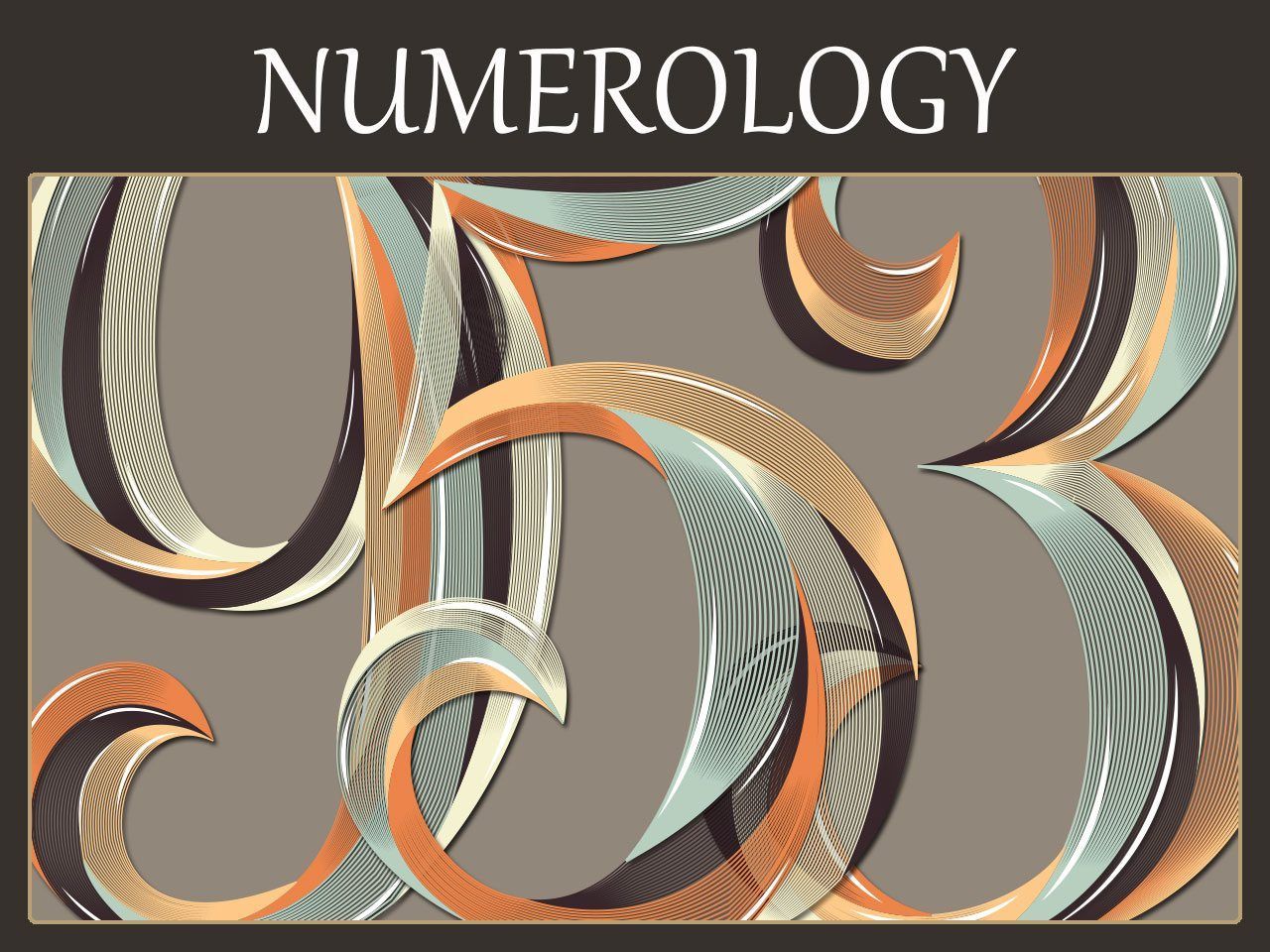
Numerology Numbers & Meanings
Find your Numerology Number below and click on the image or title to read all about the sacred and spiritual meanings of your life path, destiny, compatibility, and career number! If you’re not sure or don’t know what your numbers are, use my Numerology Calculator to easily find out! Also, scroll down or click to learn more about Numerology as a divination tool.
—

Numerology Calculator
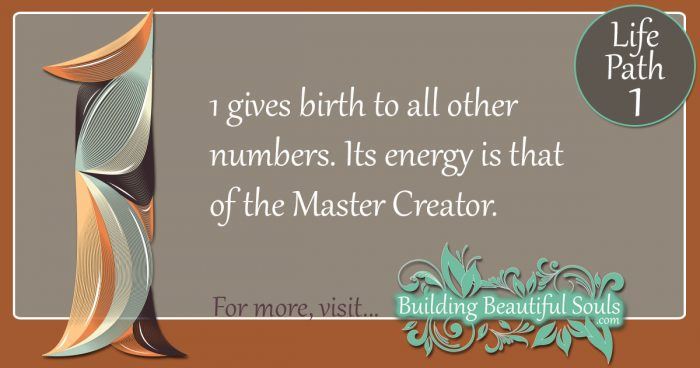
Numerology 1 – Number 1 Life Path, Compatibility, & Destiny
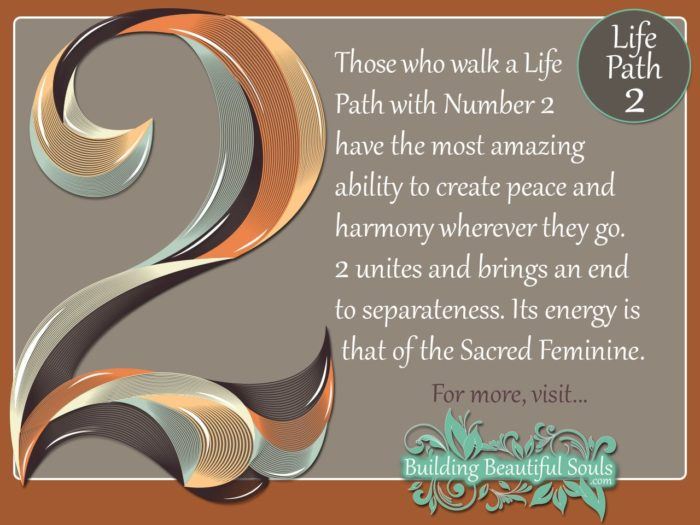
Numerology 2 – Number 2 Life Path, Compatibility, & Destiny Meanings

Numerology 3 – Number 3 Life Path, Compatibility, & Destiny Meanings
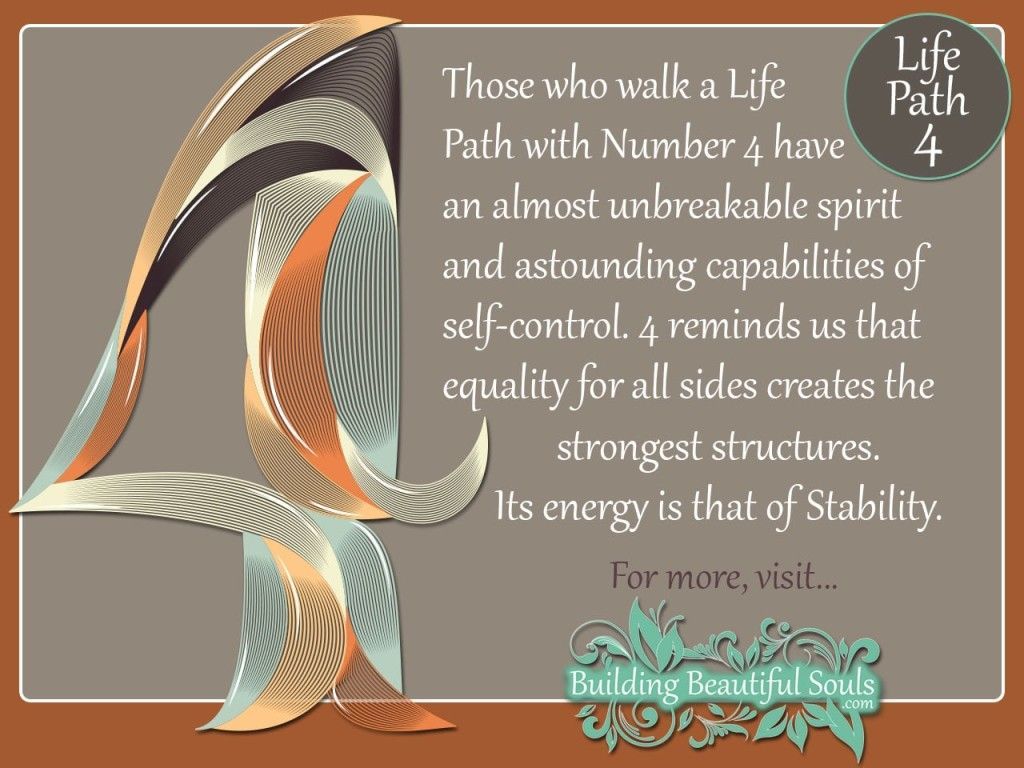
Numerology 4 – Number 4 Life Path, Compatibility, & Destiny Meanings
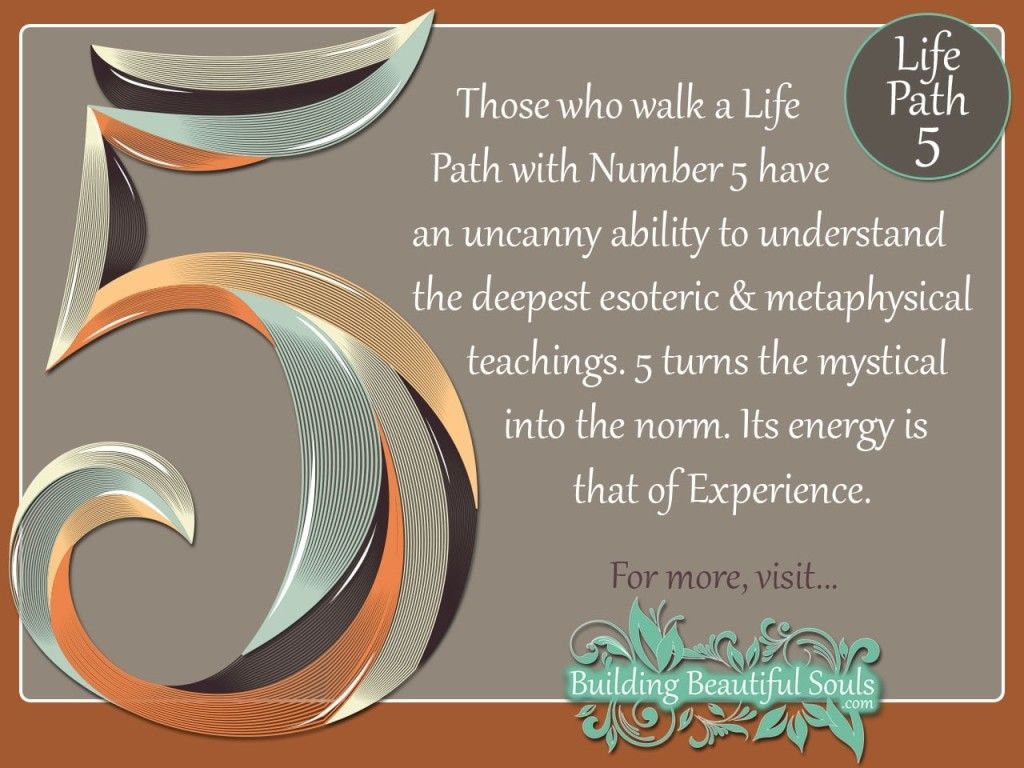
Numerology 5 – Number 5 Life Path, Compatibility, & Destiny Meanings

Numerology 6 – Number 6 Life Path, Compatibility, & Destiny Meanings

Numerology 7 – Number 7 Life Path, Compatibility, & Destiny Meanings
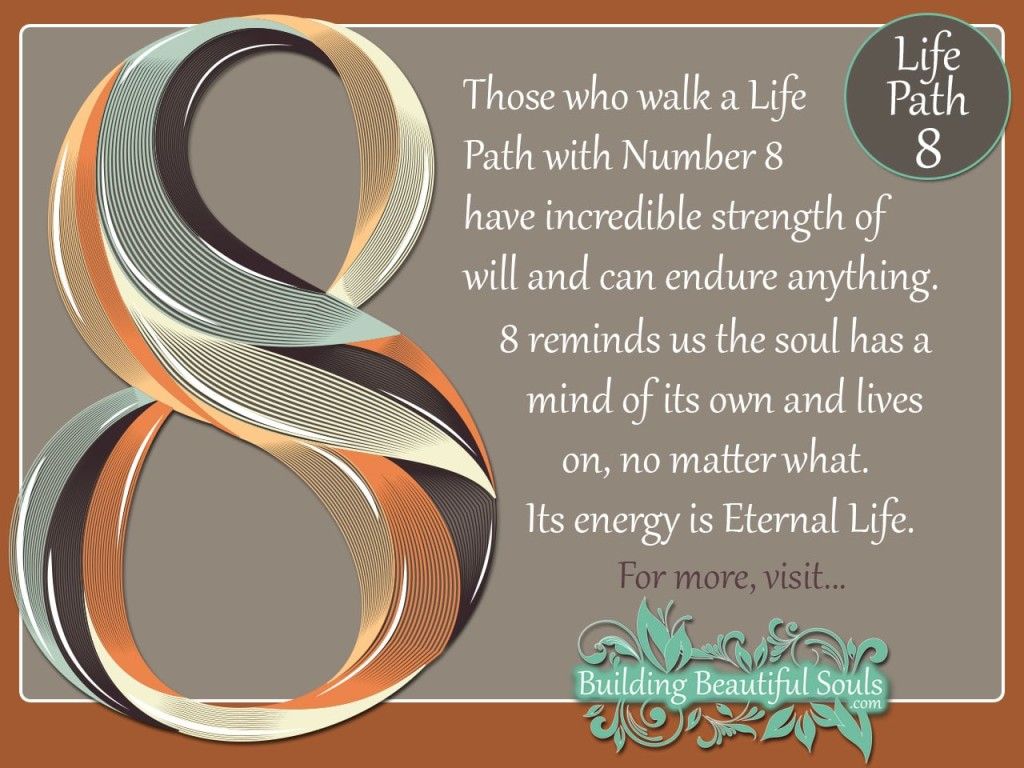
Numerology 8 – Number 8 Life Path, Compatibility, & Destiny Meanings
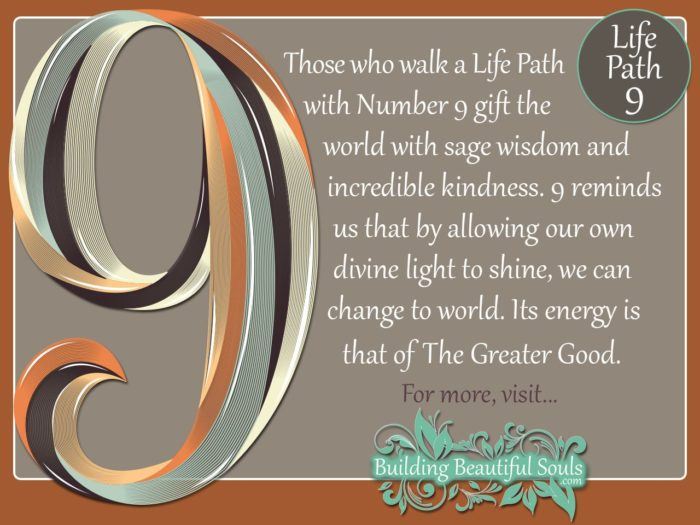
Numerology 9 – Number 9 Life Path, Compatibility, & Destiny Meanings

Numerology 11 – Master Number 11 Life Path, Compatibility, & Destiny Meanings

Numerology 22 – Master Number 22 Life Path, Compatibility, & Destiny Meanings
What is Numerology
From the time we learn to talk, numbers become part of our daily reality, pulsating in the background of life. You have birth date, a social security number, a house number, shoe sizes and hat measurements. The list goes on and on.
The all-pervasiveness of digits alone gives us a sense of their importance not only mundanely but spiritually too. Ancient seers and modern Lightworkers both sense specific vibrations in numbers, a kind of arithmetical language that keys into other symbols, signs, omens and patterns of the Universe itself.
So keep on humming!
The principle behind Numerology is that everything in this world has a type of energetic fingerprint – including you! Throughout history philosophers, gurus and guides have classified these fingerprints so that we can begin consciously embracing the configurations that give us clues to the meaning of life and our role as spiritual travelers.
With numbers specifically, the thought is that the time of your birth creates certain possibilities and limitations, a framework of personality. Once you know the black and white outlines, you can still color outside them, but the lines are the starting point for enhancing everything in your life including careers and relationships.
Here, grab some crayons and let’s look a little closer.
A learned Numerologist will never tell you that your birth day numbers wholly define you (heck, we all stop aging at 25 right?).
While most people in the Western world use the traditional Pythagorean approach to number symbolism and meaning, there are other methods that don’t follow Pythagoras’ whatsoever (if they even ever heard of the guy).
So we have to allow for some mindful wiggle room in presenting these emblems and the beliefs about the way they impact our lives.
How does Numerology work?
So where do you begin?
The basics of Numerology aren’t overly complex.
Each letter in your given birth name has a number to which it corresponds.
By adding up these numbers in different ways (your full name, just vowels, just consonants or the numbers in your full birth date) you end up with a profile of attributes.
Some of the symbolism challenges you, some supports and facilitates – but ALL of it depends on how you apply the information.
Some people have gone so far as to legally change their names to alter the vibrations in their Numerological construct. Should you be thinking of this, remember the old saying about being careful what you wish for. To make such a dramatic change it’s not as simple as just changing an “I” to an “E” (except after C). You have to (a) know what you want and (b) get ready to work for it.
Unless something dramatic happens in your reality that would support a numerological transformation, the grass may not be greener with a new name at all.
Before we go further with our examination you might be interested to know that Numerology has been used in some surprising sectors. Some brokers use it in predicting the stock market. Others use Biblical numerology in an effort to secure prosperity. The artist Prince used four digits in naming his albums and even in the way he priced tour tickets.
Are Numerology Numbers Male or Female?
By their very construct, numbers represent order. One of the orders of life is gender – namely male and female. It’s thought that odd numbers are masculine and even numbers have feminine characteristics.
Mind, you there’s some blurring here so consider this a very general observation and one that skims only the very surface of the information Numerology provides.
How to find your Numerology Numbers (Life Path, Destiny, Compatibility, Soul Urge, & Career)
While there are neato gadgets and gizmos aplenty on the Internet that are considered “Numerology Calculators” we do not use them because they are based on algorithms we have not been involved in making and this means we can’t verify their accuracy.
Further, the ones we know about are very generalized and we believe when a person is working on Building their own Beautiful Soul that specificity should count.
When we really started digging deep into this Numerology stuff, we were flipped out at how quick and easy it is to add up your own sacred numbers. By doing so, when you read about the meaning of those numbers the symbolism and spiritual messages will be the right ones.
It literally takes like just a few minutes so read our simple instructions and become your very own Numerology Calculator!
In this Pythagorean System of Numerology (what we use), your name and your birth date represent your “Be-ing”, and experts in this field further break down this basic information into specific sub-categories:
- Life Path Number:
Numerologists feel this number is most important. This number is based on the date you were born, including the year. It resonates with your karmic mission in this lifetime.
- Destiny or Expression Number:
This is the number that has to do with goals, talents and physical / emotional wellbeing. You obtain this figure by assigning numbers to each letter of your entire name.
- Soul Urge or Heart’s Desire Number:
This number gives a peek into your secret longings and motivations. Get this value by adding the numbers associated with only the vowels in your name.
- Personality Number:
This number is what you show to the world and it’s obtained by adding the consonants in each part of your name, reducing those parts to a single digit, adding the two or three together again, and reducing again.
- Compatibility Number:
This number is the comparing of partner’s Life Path Numbers so as to glean potential relationship success and stumbling blocks.
- Career Number:
By using bits of information from all the sub-categories of Numerology one can get an good idea of the career they are best suited for and insight as to what their Soul Contract might be as well.
Numerology History
Numerology has a long history in places as far removed as Egypt, Israel, India and Greece just to name a few. One philosopher named St. Augustine (354-430 CE) told us that numbers were a universal language from God. He and Pythagoras had much in common. Both sought to connect numbers to not only the human mind but the interrelationship of all things.
No small task!
Proponents of Numerology appeared in every era, but it was around the mid-1800’s that we start seeing a more socialized aspect. Akin to the way the Language of Flowers grew as a silent communication system between lovers, you might find people talking over tea and cookies about the finding true love by using the numbers from their name or birth date. The key numbers for these divinatory efforts were 1-10, but there were also master numbers – 11, 22 and 33 (ones that appear in the I Ching, the Tarot, Runes and the Kabbalah).

GOOD NEWS
Jews demand miraculous signs and Greeks look for wisdom, but we preach Christ crucified: a stumbling block to Jews and foolishness to Gentiles, but to those whom God has called, both Jews and Greeks, Christ the power of God and the wisdom of God. For the foolishness of God is wiser than man’s wisdom, and the weakness of God is stronger than man’s strength. (1 Corinthians 1:22-25)
Many Jews considered the Good News (Gospel Message) of Jesus Christ to be foolish, because they thought the Messiah would be a conquering king accompanied by signs and miracles. Jesus had not restored David’s throne as they expected. Besides, he was executed as a criminal, and how could a criminal be a savior? Greeks, too, considered the Good News foolish: They did not believe in a bodily resurrection, they did not see in Jesus the powerful characteristics of their mythological gods, and they thought no reputable person would be crucified. To them, death was defeat, not victory.
The Good News of Jesus Christ still sounds foolish to many. Our society worships power, influence, and wealth. Jesus came as a humble, poor servant, and he offers his kingdom to those who have faith, not to those who do all kinds of good deeds to try to earn salvation. This looks foolish to the world, but Christ is the mighty power of God, the only way we can be saved. Knowing Christ personally is the greatest wisdom anyone can have.
The message of Christ’s death for sins sounds foolish to those who don’t believe. Death seems to be the end of the road, the ultimate weakness. But Jesus did not stay dead. His resurrection demonstrated his power even over death. And he will save us from eternal death and give us everlasting life if we trust him as Savior and Lord. This sounds so simple that many people won’t accept it. They try other ways to obtain eternal life (being good, being wise, performing religious rituals, etc.). But all their attempts are futile. The “foolish” people who simply accept Christ’s offer are actually the wisest of all, because they alone will live eternally with God.
“There is salvation in no one else! There is no other name in all of heaven for people to call on the save them.” (Acts 4:12)
Many people react negatively to the fact that there is no other name than that of Jesus to call on for salvation. Yet this is not something the church decided; it is the specific teaching of Jesus himself.
“I am the way, the truth and the life. No one can come to the Father except through me.” (John 14:6)
If God designated Jesus to be the Savior of the world, no one else can be his equal. Christians are to be open minded on many issues, but not on how we are saved from sin. No other religious teacher could die for our sins; no other religious teacher came to earth as God’s only Son; no other religious teacher rose from the dead. Our focus should be on Jesus, whom God provided us the way to have an eternal relationship with himself. There is no other name or way!
The Bible says “…all have sinned and come short of the glory of God” (Romans 3:23) It is impossible for us to live a life that is righteous enough for us to “earn our way into Heaven. Salvation is a gift from God as a result of our faith in Jesus Christ and our acceptance of His sacrifice for the atonement of our sins. (See Ephesians 2:8-9) You can become a Christian today
If you are willing to entrust your life to Jesus, to allow Him to be your Lord, to take control of your life, Then pray this simple prayer:
“God, I admit that I have sinned. I don’t want to be separated from You because I need You in my life. Please forgive me for all my sins. Jesus, thank You for dying on the cross for my sins. I invite You to come into my life to be my Lord and Savior. Make me the person You want me to be. In Your perfect name I pray. Amen.”
The Atomic Glue
Apostle Paul goes on to describe the work of Jesus.
“For by him all things were created: things in heaven and on earth, visible and invisible, whether thrones or powers or rulers or authorities; all things were created by him and for him.”
(Colossians 1:16)
Apostle Paul is proclaiming here when he says that Jesus is the “creator of all things…things were made by him.” Now, as this verse goes on to say, that includes more than merely the material universe around us: more than stars, galaxies, superstars, planets, and solar systems, or even trees, grass, mountains and seas. It includes the earth, Paul says, but also heaven. Both the visible and the invisible. It would also include all forces. Electricity was invented by Jesus (not as a man, but as the Eternal Son) before the creation of the world. It would include radiation, magnetism, and the peculiar and mysterious dance of electrons from one level of energy to another within the atom that makes light. All this was the design of the Eternal Son.
But not only forces, but concepts and attitudes as well: grace, mercy, truth, love, and life itself. Jesus is the originator of all life. And, as Paul specifies here, a whole pantheon of invisible beings (and their visible counterparts in earthly government): “thrones and rulers and powers and authorities”—all were created by him. The Colossian heresy here becomes visible in our modern experience as well. The Colossians began to believe, because of the Greek teachers among them, that the universe consisted of a “hierarchy of angels.” One must begin down at the bottom, with raunchy, unpleasant angels, and work one’s way up through the whole hierarchy to the good angels and, finally, to God. From that idea has come the eastern concept of reincarnation for that too was part of the Colossian heresy.
We find a counterpart today, not only in the theory of reincarnation, but also in horoscopes and astrology—the idea of stars influencing and governing our lives. The claim that Transcendental Meditation is the means of getting in touch with invisible beings is another example. We are told that there are Astral Teachers and Divine Masters who appear from time to time to impart degrees of knowledge to the human race. Gradually, we are told, this is to result, after centuries and centuries of progress, in our being lost in the Divine presence. All this is nothing new. It is very old, but it is also new, appearing again and again in history. This is what the apostle labors to correct. He is telling the Colossians, “Jesus is above all angels. You are freed from bondage to these lesser beings when you see the true authority and power of your risen Lord.”
Jesus controls space and history:
“He is before all things, and in him all things hold together.” (Colossians 1:17)
“He is before all things,” means he is outside his own creation; he was there first.
When Paul uses the phrase, “all things by him hold together,” he is speaking of our Lord’s power to sustain and to prevent breakdown. The scientists who work on the great linear accelerator (a relatively small instrument) at Stanford University, trying to smash the atom apart, know that it takes incredible power.
A Stanford University Professor said: “The power to operate this instrument is equivalent to all the electricity it takes to run the city of San Francisco.”
Something holds the atom together with enormous, incredible power. That power, according to the Word of God (both here in Colossians and in the letter to the Hebrews is vested in Jesus. He has the authority to rule as Sovereign. He has the power to sustain, because he is the Eternal Son.
If you have a magnet in your right hand, a magnet in your left hand, and you push the positive ends towards each other, they push away. Opposite charges attract; like charges repel. But here’s a great mystery: in the nucleus of the atom, protons are packed together which are all positive-charged particles.
What keeps these positive-charged protons from repelling like the magnets? What holds them together? Science doesn’t know. You can study quantum physics and learn lots of hypotheses and theories, yet to this day, it’s a mystery to scientists, but not to Christians, for Scriptures tells us the real answers. It is Jesus Christ who holds all things together. And the day is coming when, suddenly, He will let go…
“But the day of the Lord will come as a thief in the night; in
which the heavens shall pass away with a great noise, and
the elements shall melt with intense heat, the earth and its
works will be burned up.” (II Peter 3:10)
This was written before man knew anything about nuclear physics or about an atomic reaction that could actually melt the basic building blocks of matter itself. God was prophesying how the world would end.
But now we know if the “atomic glue” which holds the atom together were to suddenly disappear, everything would dissolve in zillion degree “intense heat” accompanied by a “great noise” so powerful and quick it wouldn’t even be heard.
The most astonishing phenomenon today is to see men who work with this physical universe, who intimately observe the beauty, order, and power inherent in the natural world as well as in the world of humanity, yet who fail to see the Power behind it all; the ordered Intelligence that possesses and originates all these things. It is difficult to understand a man like Carl Sagan can work in the field of astronomy, knowing of the great secrets that are now coming to light in the universe, and yet go on breathing air which God has supplied, eating the food with which God has stocked this earth, and relying moment by moment on a heartbeat whose continuation rests in the will of Someone other than himself, yet can busy himself telling us that only man matters!